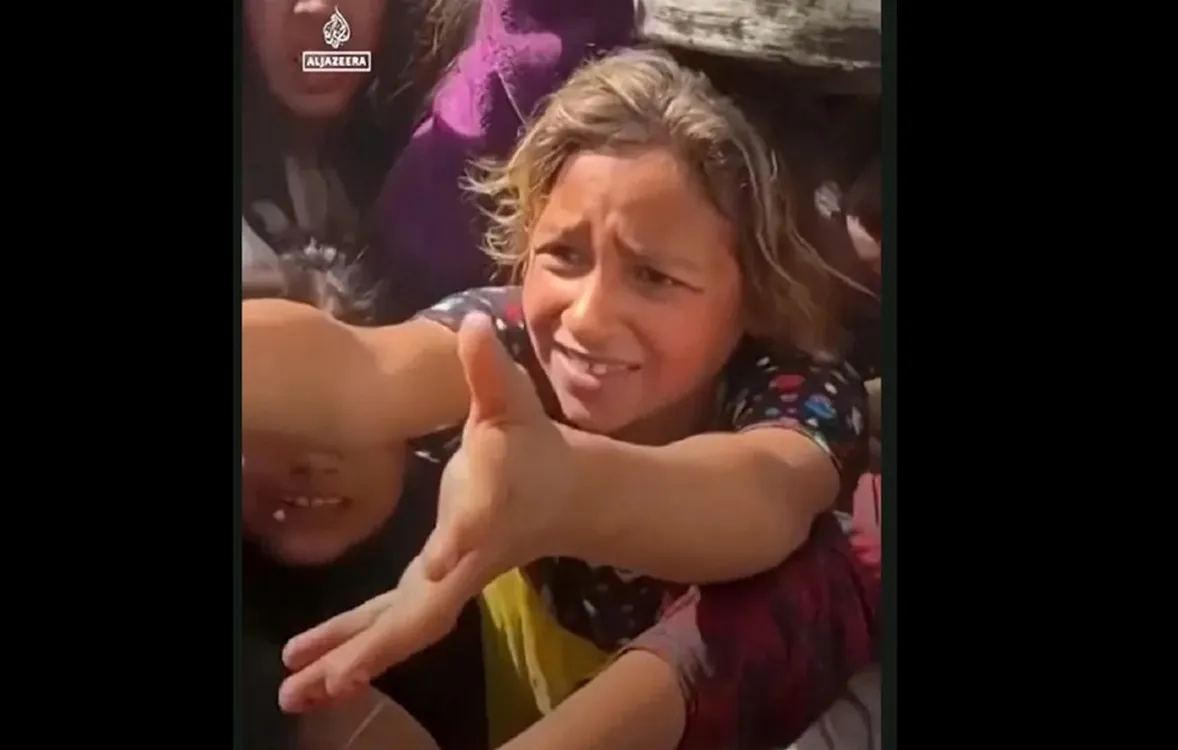


The International Court of Justice (ICJ) ruled on Wednesday that Israel is obliged to ease the passage of humanitarian aid into Gaza and provide Palestinians with the "basic needs" essential for survival. This "Advisory Opinion," while not legally binding, carries significant "legal weight and moral authority."
ICJ President Yuji Iwasawa stated Israel is "under an obligation to agree to and facilitate relief schemes provided by the United Nations and its entities."
The ruling specifically included UNRWA (the UN agency for Palestinian refugees), an organization Israel has banned based on unsubstantiated allegations that some staff participated in the October 7, 2023, Hamas attack. The ICJ explicitly stated Israel had not substantiated these claims.
The court reiterated that Israel, as an occupying power, is obliged to "ensure the basic needs" of the local population and has a "negative obligation not to impede the provision of these supplies." It also recalled the prohibition against using starvation as a method of warfare.
An Israeli official dismissed the proceedings as "an abuse of international law" and maintained Israel "will not cooperate with UNRWA," though the ICJ rejected the accusation of the judicial process being weaponized.
Since the recent ceasefire, the UN's World Food Programme (WFP) has delivered over 6,700 tonnes of food (enough for nearly half a million people for two weeks) via 530 trucks.
Daily aid flow is around 750 tonnes, which is still well below WFP's target of 2,000 tonnes daily. The ICJ noted that UNRWA, despite US concerns about its impartiality, "cannot be replaced on short notice" without a proper transition plan.
This ruling is separate from other legal cases Israel faces, including an ICJ case on the Genocide Convention and International Criminal Court (ICC) arrest warrants for Prime Minister Benjamin Netanyahu.
Comment